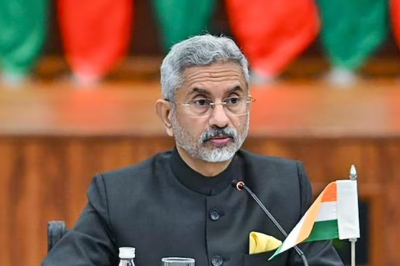
- Rejection of Biden’s Comment: External Affairs Minister S Jaishankar firmly rejected US President Joe Biden’s claim that India is “xenophobic,” asserting that India remains open and welcoming.
- Economic and Social Context: Jaishankar highlighted India’s robust economic status and historical openness to diverse cultures, contrasting it with Biden’s depiction.
- Clarification from the White House: Following the backlash, the White House clarified that Biden’s remarks aimed to celebrate America’s immigrant heritage and did not intend to demean allies like India.
What did Jaishankar emphasize in his response? Jaishankar responded to Biden’s statements by emphasizing India’s long-standing tradition of welcoming people from diverse backgrounds. He cited the Citizenship Amendment Act (CAA) as a recent example of India’s commitment to providing refuge to those in need, challenging the narrative of India’s economic faltering and xenophobia.
How has the situation evolved following the comments? The controversy surrounding Biden’s comments has sparked significant discussion on the global stage, with Jaishankar’s rebuttal drawing attention to India’s historical openness and current economic resilience. The White House’s subsequent clarification aims to soothe tensions and reaffirm the strength of US-India diplomatic ties.
Looking forward: The implications of the diplomatic exchange This incident highlights the delicate nature of international relations and the impact of rhetoric on diplomatic ties. As both nations navigate these tensions, the focus will likely remain on strengthening bilateral relationships and addressing any misconceptions that may arise. This episode also underscores the importance of careful communication in global politics, where words can significantly influence international perceptions and relations.








































Leave a Reply